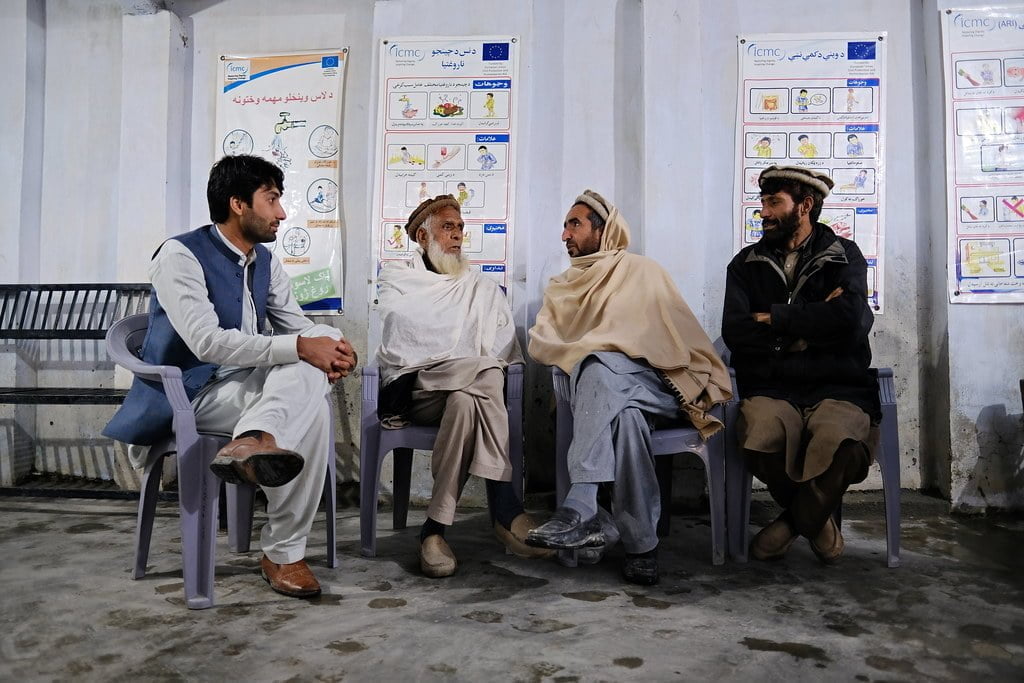Last week, I overheard a heated argument at a local market in my town, where a man’s reputation was shredded by rumors of dishonesty, spreading faster than the dust kicked up by passing rickshaws. It struck a personal chord, reminding me of my own battle against Gulzaman (Jamal Din), Salim Khan [Nai], and Muhammad Akram [Qisai], who have spent years spreading below-the-belt allegations and outright lies about me, from accusations of misconduct to vile personal attacks. Their campaign of character assassination and social bullying is not just a personal vendetta—it’s a symptom of a broader epidemic in Pakistan, where false allegations and mouth-to-mouth rumors destroy lives with devastating precision. In an era of instant communication, these age-old tactics, amplified by social media, demand urgent action to protect individuals and preserve the nation’s social fabric.
In Pakistan, where communities are tightly knit, a single rumor can unravel reputations, livelihoods, and relationships. My opponents’ tactics—spreading malicious falsehoods through whispers at gatherings and subtle jabs in public—aimed to erode my standing in our community. Their below-the-belt allegations, including baseless claims about my personal integrity, were designed to humiliate and isolate me. I countered their propaganda machine by exposing their lies almost daily, using community discussions, written rebuttals, and social media to dismantle their credibility. My experience mirrors countless others across Pakistan, where personal grudges fuel public smear campaigns, often with catastrophic consequences.
Consider the case of Asia Bibi, a Christian woman accused of blasphemy in Sheikhupura in 2009. A local cleric, Qari Muhammad Salim, allegedly used mosque loudspeakers to spread the false accusation, inciting a mob. Despite her acquittal by the Supreme Court in 2018 for lack of evidence, the rumors led to years of imprisonment, death threats, and her eventual exile to Canada. Similarly, in 2022, former Prime Minister Imran Khan faced an assassination attempt in Wazirabad, Punjab, preceded by a campaign of character assassination. His opponents spread rumors accusing him of being a foreign puppet, with Information Minister Fawad Chaudhry reporting a plot against his life. These cases show how false narratives, whether targeting ordinary citizens or national leaders, can destabilize communities and deepen societal divides.
The mechanics of rumor-mongering in Pakistan are insidious. Lies often start with a kernel of truth, twisted into a malicious narrative—a property dispute becomes an accusation of theft, or a personal disagreement morphs into claims of immorality, as I experienced. Cultural emphasis on honor and shame amplifies the damage, making victims hesitant to fight back publicly. Social media, while a tool for countering lies, also accelerates their spread, turning local disputes into national spectacles. The lack of verification and low trust in institutions create a fertile ground for rumors to thrive, threatening not just individuals but the nation’s social cohesion.
Pakistan’s legal framework offers some recourse, but it’s often inadequate. The Pakistan Penal Code (Sections 499 and 500) addresses defamation with up to two years’ imprisonment or fines for spreading false information that harms reputations. The Prevention of Electronic Crimes Act (PECA) 2016 tackles online defamation, with penalties of up to three years for spreading falsehoods digitally (Section 20). Yet, enforcement is inconsistent, often favoring the powerful. The Asia Bibi case exposed how blasphemy laws (Sections 295-A to 295-C) can be weaponized through false allegations, with courts sometimes buckling under public pressure. Internationally, the Universal Declaration of Human Rights (Article 12) and the International Covenant on Civil and Political Rights (Article 17) protect against attacks on reputation, binding Pakistan as a signatory to provide remedies. The European Convention on Human Rights (Article 8) offers a model for stronger protections, emphasizing the right to private life, which Pakistan could adopt.
To combat this epidemic, Pakistan must strengthen legal enforcement by prioritizing defamation and cyberbullying cases, perhaps through specialized tribunals to ensure swift justice. Law enforcement needs training to handle digital evidence under PECA effectively. Public campaigns on media literacy can empower communities to question rumors before they spread, with schools teaching critical thinking to reduce reliance on unverified gossip. My strategy of exposing lies daily worked because it held detractors accountable in the court of public opinion. Community leaders, like clerics or elders, should mediate disputes to prevent escalations, as seen in the Asia Bibi case. Victims can leverage social media to document falsehoods and share evidence-based rebuttals, while tech companies must enhance content moderation to curb malicious rumors, aligning with global standards.
The poison of social bullying and character assassination, like the below-the-belt allegations I’ve endured, is a dagger aimed at Pakistan’s heart. My fight against Gulzaman,[Jamal Din] Salim Khan Nai, and Muhammad Akram Qisai taught me that resilience and transparency can dismantle even the most persistent lies. Pakistan must bolster its laws, foster critical thinking, and empower communities to reject falsehoods. Internationally, aligning with human rights standards can guide reforms. The time to act is now—before another rumor, born in a market or a mosque, sparks a tragedy that echoes from villages to the global stage.


